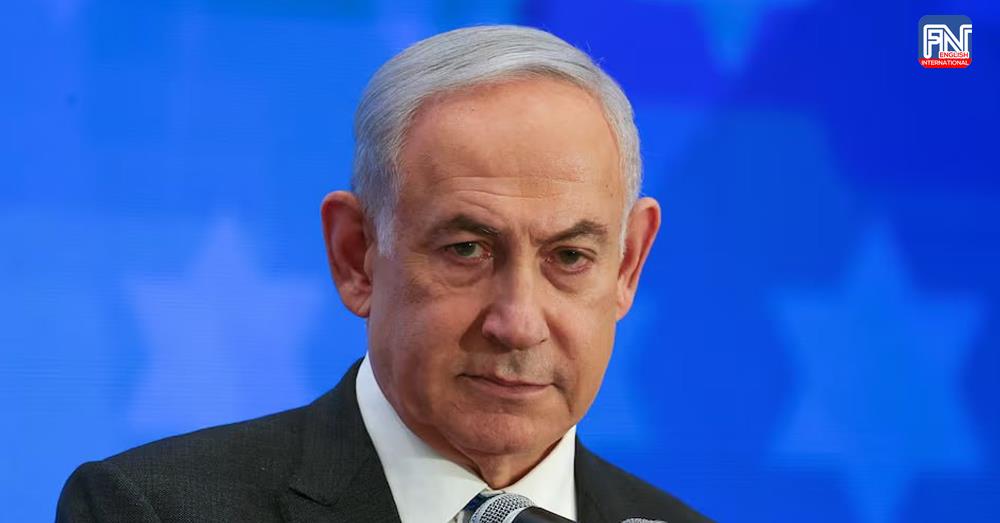JERUSALEM, Mar. 26 (Reuters) – Israeli Prime Minister Benjamin Netanyahu faced growing strains on his divided coalition on Tuesday after an angry standoff with Washington worsened disagreements over proposals to draft ultra-Orthodox Jews into the military.
Israeli media reported that a cabinet meeting to discuss the planned changes to the conscription law had been called off, with only days left before the government has to present proposals to the Supreme Court. Asked about the reports, a Netanyahu aide said a cabinet session had yet to be scheduled.
The hold-up came a day after Netanyahu's fraught relations with U.S. President Joe Biden broke down over Washington's decision not to veto a U.N. Security Council resolution seeking an immediate ceasefire in Gaza.
Amid growing international pressure for a halt to the fighting and a stop to Israeli plans to launch a ground assault on the southern Gaza city of Rafah, Netanyahu cancelled a scheduled visit to Washington by two of his most senior aides who were due to hear U.S. ideas about operational alternatives.
The open show of defiance towards Israel's strongest ally was welcomed by his religious-nationalist coalition partners but implicitly criticised by centrist former Defence Minister Benny Gantz, who joined the war cabinet last year and who said the delegation should go to Washington.
Despite plunging approval ratings for Netanyahu himself, surveys indicate the Israeli public largely supports the government's determination to dismantle Hamas as a military force in Gaza, giving him a motivation for digging in his heels against Washington. However the divisions underscored the growing pressure on the government internationally.
The conservative Israel Hayom newspaper, normally supportive of Netanyahu, backed the decision not to send the delegation but said public support from Biden was what was needed more than anything by Israel at a time when "the legitimacy of its actions is disintegrating at frightening speed".
Netanyahu's position remains dependent on holding together his coalition with hard-right religious nationalist parties that are resolutely opposed to any let-up in the war or any concession to international demands for a broad-based political settlement with the Palestinians.
But the conscription law, which could potentially remove exemptions keeping ultra-Orthodox Jews from serving in the military, is shaping up as a significant obstacle, highlighting a longstanding divide between secular and religious Israelis.
The proposals have sharpened divisions between allies of Defence Minister Yoav Gallant, who has been pushing for a widening of conscription laws, and the ultra-Orthodox parties in the coalition who want the exemptions to remain.
